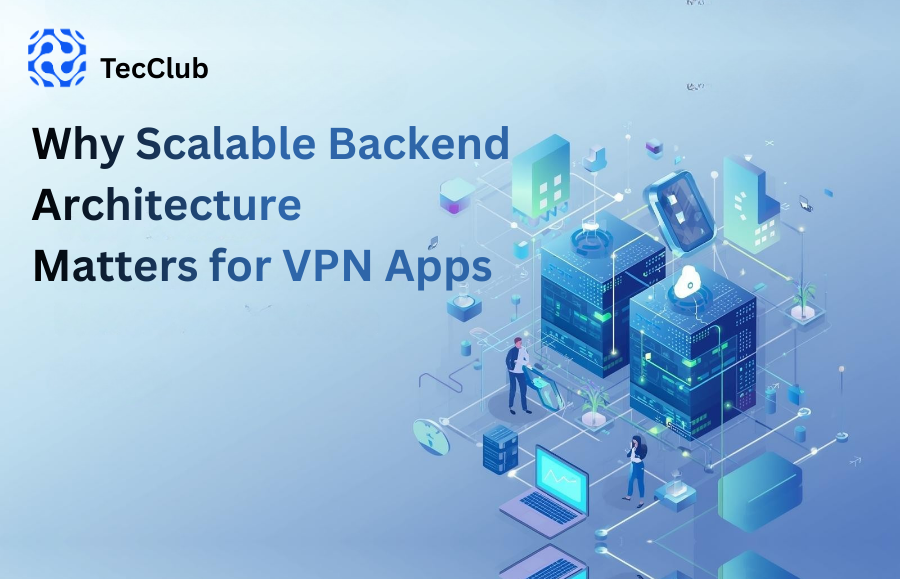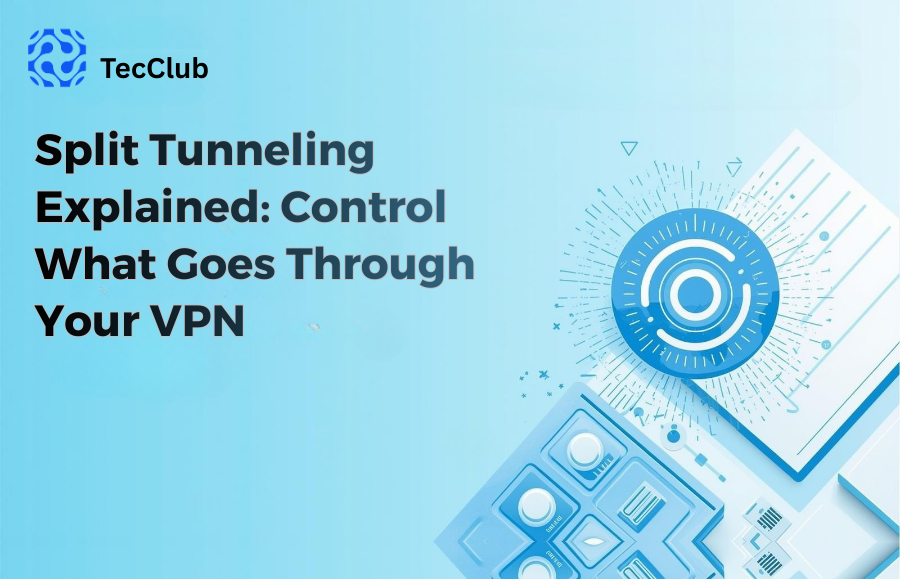
You’re sitting in a coffee shop, latte in one hand, phone in the other. You’re scrolling through an online store, spot a pair of shoes you need in your life, and head straight for the checkout page. The Wi-Fi is free, the site looks secure, and you’re ready to type in your card details.
What could go wrong?
Well, a lot actually. That “free” Wi-Fi you’re happily connected to can be a hacker’s playground. While you’re browsing sales, someone nearby could be trying to sneak a peek at your payment info.
That’s where a VPN (Virtual Private Network) comes in. If the internet is like sending postcards, a VPN is like slipping your message into a sealed envelope. It doesn’t make you untouchable, but it makes eavesdropping way harder.
Here’s the no-jargon version: a VPN creates a private tunnel between your device and the internet. Think of it as your own secret lane on the information highway.
Why that matters when you’re shopping:
It scrambles your data. So even if someone grabs it, all they see is gibberish.
It hides your location. Instead of your real IP address, websites see the VPN server’s location.
It keeps your ISP out of your business. Without a VPN, your internet provider can track which sites you visit. With one, that trail disappears.
It makes sketchy Wi-Fi less scary. Airports, hotels, cafés—VPNs make those public networks much safer.
Basically, you’re putting blinds on your digital windows. People know you’re inside, but they can’t see what you’re up to.
Picture this: you’re traveling, chilling in a hotel lobby, and you get an email—“Flash Sale: 50% Off Today Only.” You click, find a deal too good to pass up, and start typing in your card details.
Here’s the risk: hotel Wi-Fi is like an open buffet for hackers. Without protection, your payment info could be intercepted. But with a VPN on, your connection is encrypted. It’s like speaking a secret language only you and the website understand.
You’re not invincible—but you’ve stacked the odds in your favor.
This part’s important. A VPN is handy, but it’s not a magic shield.
If you click on a fake shopping link and log in, a VPN can’t stop that.
If your password’s already leaked somewhere, encryption won’t fix it.
And if you pick a dodgy VPN provider, they could be the ones spying on you.
So yeah—VPNs protect your connection, not your choices.
Here’s why most people keep a VPN handy for online shopping:
You can shop on public Wi-Fi without holding your breath.
Advertisers can’t track you as easily.
Sometimes prices change depending on where you’re browsing from. A VPN can help even that out.
And honestly? It just feels better knowing your info isn’t floating around unprotected.
Privacy doesn’t mean you’re completely anonymous, but it’s a huge step in the right direction.
Want to use a VPN the right way when you shop? Here are some easy tips:
Pick a good one. Don’t just grab the first free VPN you see—those often make money selling your data. Go for one with strong encryption and a no-logs policy.
Turn on the kill switch. If the VPN drops, this keeps your info from leaking.
Stick to HTTPS. Always check for that little padlock in the browser.
Avoid making big purchases on public Wi-Fi. Even with a VPN, mobile data or home internet is safer.
Add two-factor authentication. A password plus a text code is much harder to hack.
Keep your devices updated. Outdated apps and software are hacker goldmines.
Shopping online is quick, easy, and—let’s be real—addictive. But it does come with risks. Using a VPN makes it much harder for hackers or trackers to mess with your data, especially when you’re on public Wi-Fi.
It’s not the only tool you need, though. Pair it with smart browsing habits, solid passwords, and regular updates, and you’ll be able to shop online without stressing every time you click “checkout.”
✅ Use a reliable VPN with strong encryption
✅ Turn on the kill switch before entering card details
✅ Make sure the site has HTTPS (the padlock symbol)
✅ Avoid entering payment info on public Wi-Fi if possible
✅ Use multi-factor authentication on shopping accounts

